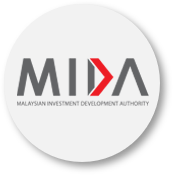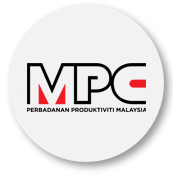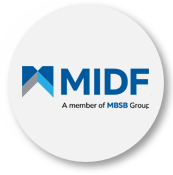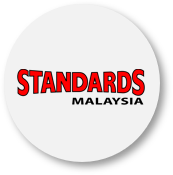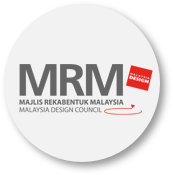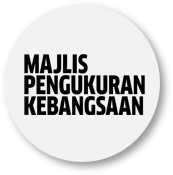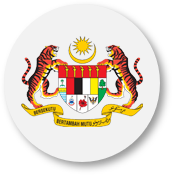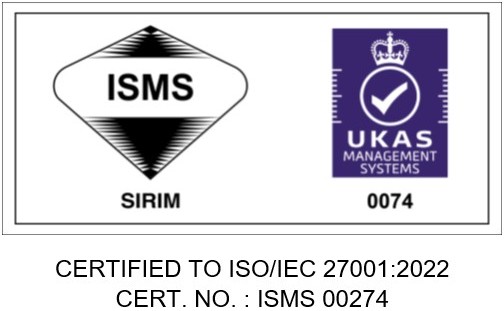-
Malaysia's prudent, pragmatic and pro-business policies and processes yet again withstood the test of resilience as the nation ramps up efforts to achieve high-income status within the next five years.
-
The World Bank's Doing Business Report 2016 (DB 2016), released today, saw Malaysia being ranked at 18th position out of the 189 economies. Malaysia remains in the top 20 economies in the world even as the country battles headwinds from global economic volatilities.
-
In placing Malaysia among the top 20 economies in the world with the most business-friendly regulations, the World Bank acknowledged the country's significant improvements in regulatory processes.
-
The DB 2016 ranked Malaysia ahead of economies such as Switzerland (26th), France (27th), Netherlands (28th), Japan (34th), United Arab Emirates (31st), Thailand (49th), China (84th) and India (130th). Within ASEAN, Malaysia was ranked second, behind Singapore.
-
The World Bank's DB 2016 ranking comes on the heels of the recently released World Economic Forum's Global Competitiveness Report, which had ranked Malaysia 18th among the 140 economies that were surveyed.
-
International Trade and Industry Minister Dato' Sri Mustapa Mohamed welcomed the DB 2016 Report. “It's yet another affirmation of the efficacy of the Government's efforts to resolve operational inefficiencies and review procedures and regulations under the Government Transformation Programme and the Economic Transformation Programme,” he said.
-
The Minister added that the high ranking accorded Malaysia was also a testament to the work of PEMUDAH, the joint public-private sector Special Task Force to Facilitate Business. “The fertile eco-system that helps nurture our economic expansion can be directly traced to the strong public-private partnership exemplified by PEMUDAH. This close collaboration at the most senior levels of the Government and the private sector enables both sides to highlight blockages in the system and align policies and procedures accordingly,” Dato' Sri Mustapa said.
-
Using a measurement that focuses on the quality and efficiency of regulations, the DB 2016 Report gave Malaysia a score of 79.13 out of 100 in what it terms the “distance to frontier” (DTF). The DTF score captures the gap between an economy’s performance and a measure of best practices across 36 sub-indicators of quality and efficiency, where 100 is the frontier and 0 is the furthest from the frontier. Malaysia’s score of 79.13 in the latest report is an improvement from the revised DTF score of 79.08 in DB 2015.
-
Malaysia recorded the highest DTF score in the “Starting a Business” indicator, with 95.34. For the other nine indicators covered in the report, Malaysia's DTF scores are: Dealing with Construction Permits (81.10), Getting Electricity (90.05), Registering Property (76.32), Getting Credit (70.00), Protecting Minority Investors (78.33), Paying Taxes (84.31), Enforcing Contracts (66.61), Trading Across Borders (86.74) and Resolving Insolvency (62.49).
-
The Report recognised Tenaga Nasional Brhad’s initiative to set up a web page with a bill calculator, making it easier for customers to estimate their future electricity costs based on the voltage level and subscribed capacity of their connection and their estimated monthly consumption during peak and off-peak periods. The World Bank cited this effort as “exemplary” that can be emulated by other economies.
-
The World Bank also noted that Malaysia had reduced taxes other than profit and labour taxes - such as the property tax rate from 12% to 10% of the annual rental value for commercial properties for 2014. In addition, Malaysia was acknowledged for its initiatives in enhancing electronic services by making it compulsory for employers with 50 or more employees to contribute to the Employees Provident Fund (EPF) using the e-filing system. Malaysia was also credited for making tax payment easier and less costly for companies by making e-filing mandatory.
-
For the indicators and sub-indicators, Malaysia has improved in the following:
-
Starting a Business
-
DTF score improved to 95.34 from 95.28 previously.
-
Cost (% of income per capita) reduced to 6.7% from7.2% previously.
-
-
Dealing with Construction Permits
-
DTF score improved to 81.1 from 81.07 previously.
-
-
Paying Taxes
-
DTF score improved to 84.31 from 83.87 previously; and
-
Time (hours per year) reduced to 118 hours from 133 hours previously.
-
-
Resolving Insolvency
-
DTF score improved to 62.49 from 62.48 previously.
-
-
-
Dato' Sri Mustapa said that moving forward, PEMUDAH will continue to collaborate with the International Finance Corporation (IFC) of the World Bank to examine the target areas for improvement. “The relatively high rankings accorded to Malaysia by the World Bank and WEF are encouraging. But as we compete for a larger slice of investments in the highly complex global economy, Malaysia has to keep upping our game,” he said.
Ministry of International Trade and Industry,
Kuala Lumpur, Malaysia
28th October 2015
Last Updated 2015-10-29 07:44:56 by Azuna Hasbullah atau Abd Rahman







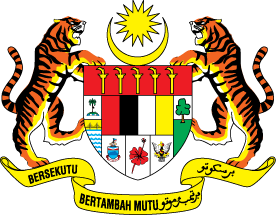





 Home
Home








